Europe accuses Iran of 'violent action', urges return to obligations
The leaders of Britain, France and Germany have called in a joint statement on Iran to return to full compliance with their 2015 nuclear deal and reverse its countermeasures against the West's failures vis-a-vis Tehran.
“It is essential that Iran return to full compliance with its commitments under the agreement,” French President Emmanuel Macron, German Chancellor Angela Merkel and Britain’s Prime Minister Boris Johnson said Sunday.
The Europeans' call on Iran to fully comply with the nuclear deal stands in contrast to their failure to protect the Islamic Republic from unilateral US sanctions on Tehran after Washington abandoned the accord.
Tehran has particularly been disappointed with the European trio’s failure to protect its business interests under the deal after the United States' withdrawal.
After patiently watching for more than a year and seeing no clear action from the other signatories of the nuclear deal, Iran invoked Articles 26 and 36 of the Joint Comprehensive Plan of Action (JCPOA) to let go of some of the limitations put on its nuclear work.
In their statement Sunday, the European leaders said the Iranian countermeasures “must be reversed”.
“We have made clear our regret and concern at the decision by the United States to withdraw from the JCPOA and to re-impose sanctions on Iran,” they said, repeating their much-heard refrain in the standoff.
“We remain committed to the JCPOA and to preserving it; we urge Iran to reverse all measures inconsistent with the agreement and return to full compliance,” they added.
So far, Tehran has broken free of some limitations of the accord in five stages, the last of which came on January 5. The country has made it clear that it will reverse its measures as soon as Europe finds practical ways to shield mutual trade from the US sanctions.
While Europe appears reluctant to rock the boat in its relations with Iran, it has dangled the threat of triggering a mechanism that could result in UN sanctions being reimposed on Tehran.
European diplomats have been cited as saying that unless Iran passes a certain threshold, the bloc will not push toward sanctions, but it is unclear what the Europeans’ breaking point would be.
In their Sunday statement, they called on Iran "to refrain from further violent action or proliferation", saying they "remain ready to engage with Iran on this agenda in order to preserve the stability of the region".
Such rhetoric is likely to further irritate Iran which is already aggrieved by the Europeans' failure to condemn US assassination of a top Iranian military commander and even enunciation of support for the dangerous move by some of them.
The assassination of General Qassem Soleimani opened a new chapter in Iran’s tense relationship with Western countries, pushing the nuclear accord closer to collapse.
Earlier this month as millions gathered across the country to mourn the charismatic commander, Iran said it no longer will comply with limits on uranium enrichment under the nuclear pact, in a move which just stopped short of an abrogation of the accord.
Iran responded to the assassination by pounding two US military bases in Iraq with a volley of precision-guided missiles, which rattled many of its adversaries long bent on putting the country in a chokehold.
Netanyahu skipped Davos amid arrest fears: Reports
VIDEO | Press TV's news headlines
More Europeans see Trump as 'enemy' than 'friend': Survey
Ukraine war talks begin in UAE as Russia repeats Donbas demand
Iran slams UNHRC session as illegitimate, says no submission to foreign pressure
Six-month-old boy freezes to death in Gaza amid Israel's inhumane blockade
VIDEO | Protestors in South Africa slam US interference in other countries’ affairs
Israel runs smear campaign against Doctors Without Borders: Report





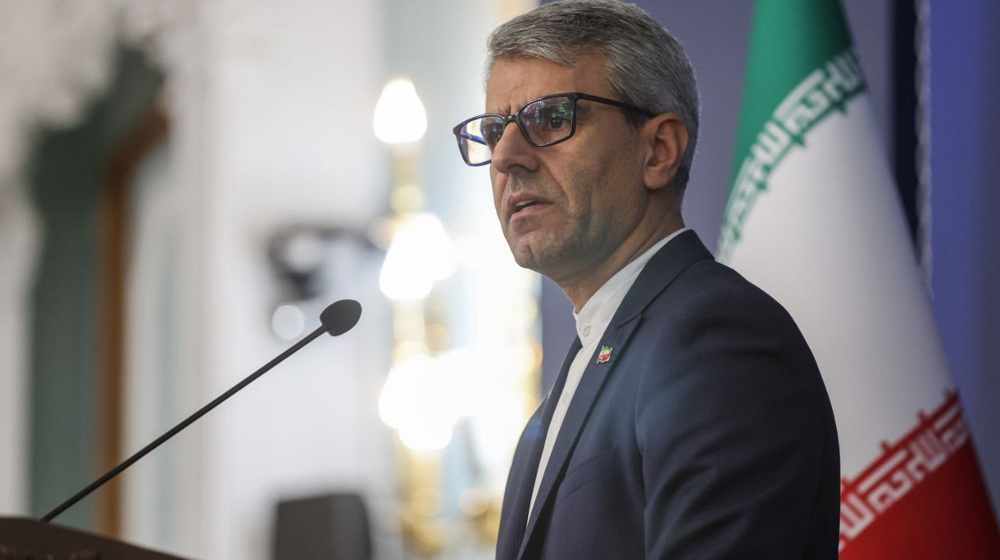
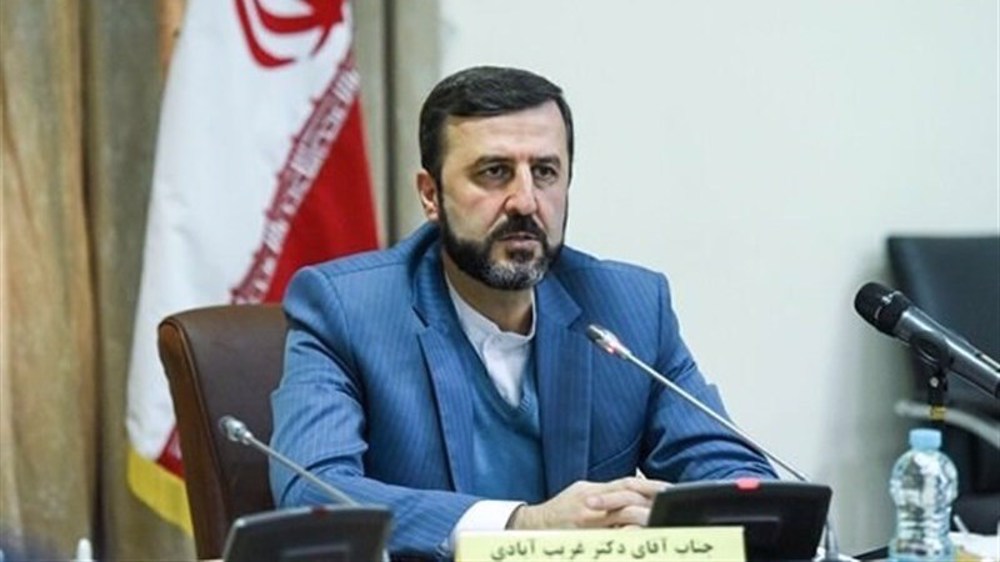



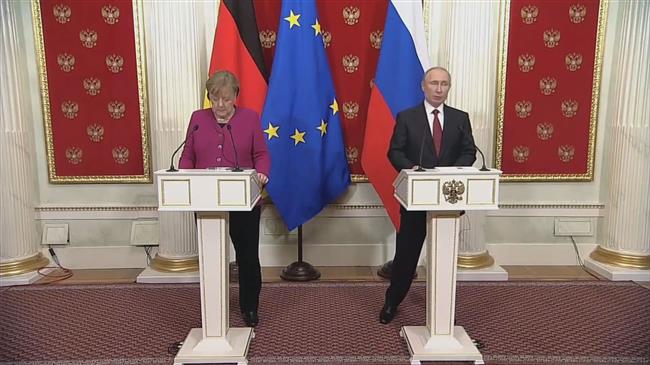
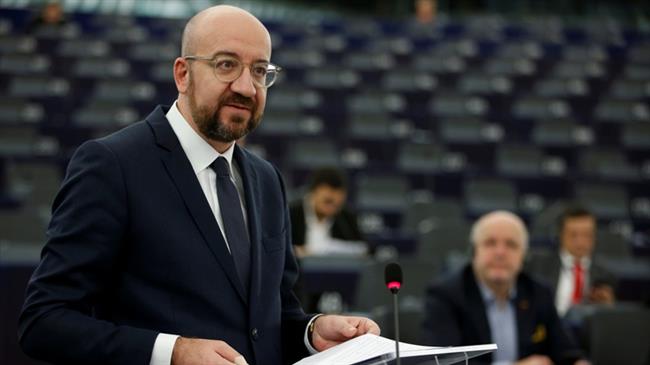
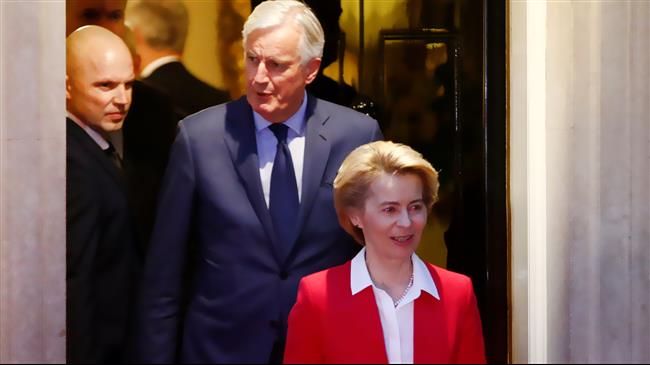
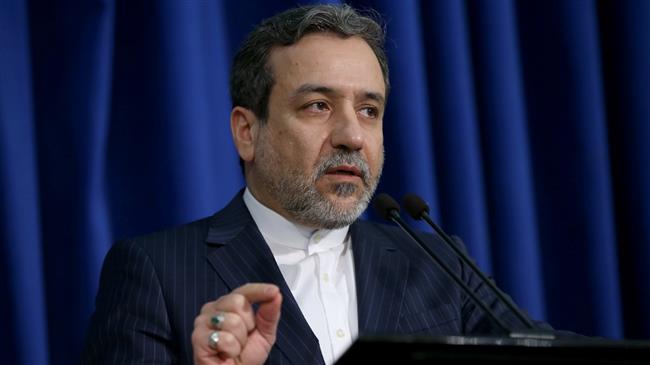


 This makes it easy to access the Press TV website
This makes it easy to access the Press TV website